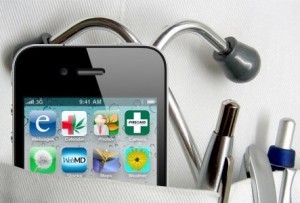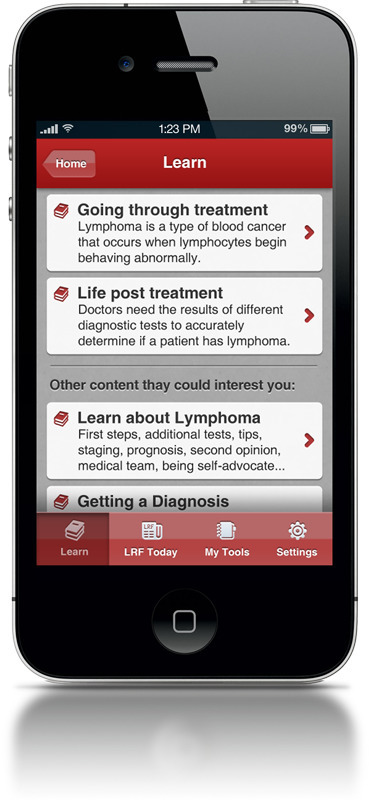HealthTap published a survey of the top physician-rated apps for both iOS and Android, and breaks it down into 30 separate categories.
HealthTap founder and CEO Ron Gutman said the company's goal is to give clinicians and consumers a guide to choosing apps that have been approved by doctors, rather than resorting to the user ratings found in app stores (HealthTap's AppRx app, by the way, has a healthy 4.72 star rating in the Apple App Store, he said). The apps are judged on three standards – ease of use, effectiveness and medical accuracy, validity and soundness. They're not given a number rating, but are ranked solely based on how many doctors would recommend them.
Top 10 Health and Medical Apps for Android
1. Weight Watchers Mobile (Weight Watchers International)
2. White Noise Lite (TMSoft)
3. Lose It! (FitNow)
4. First Aid (American Red Cross)
5. RunKeeper – GPS Track Run Walk (FitnessKeeper)
6. Emergency First Aid/Treatment (Phoneflips)
7. Instant Heart Rate (Azumio)
8. Fooducate – Healthy Food Diet (Fooducate)
9. Glucose Buddy – Diabetes Log (Azumio)
10. Pocket First Aid & CPR (Jive Media)
Top Health and Medical Apps for iOS
1. Calorie Counter and Diet Tracker (MyFitnessPal.com)
2. Weight Watchers Mobile (Weight Watchers International)
3. Lose It! (FitNow)
4. White Noise Lite (TMSoft)
5. First Aid (American Red Cross)
6. Runkeeper (FitnessKeeper)
7. Stroke Riskometer (Autel)
8. Emergency First Aid & Treatment Guide (Phoneflips)
9. Instant Heart Rate (Azumio)
10. Fooducate (Foducate)
 Your new post is loading...
Your new post is loading...
 Your new post is loading...
Your new post is loading...












There are many digital toolkits which are already in use in low income countries, and many more which exist but are not widely adopted yet. Such toolkits are primarily used for quick diagnosis and helping decide the next course of action. Like the one we at Plus91 deployed along with our friends at Instrats called FLEM. While such tools are plenty, they have yet to be widely used due to the prohibitive cost, lack of awareness and (funnily) red tape and bureaucracy within the funding agencies.